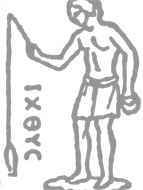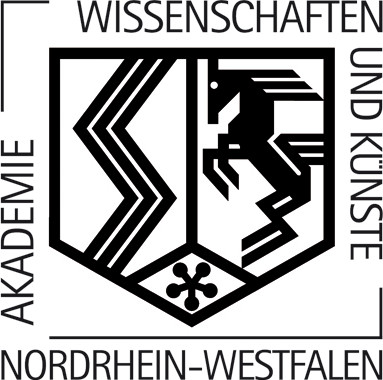Christian Emperors, Divination, and curiositas
JbAC 61 (2018) Seiten: 133-147
This article discusses the notion of curiosity (curiositas) in fourth-century Christian emperors’ legislation on divination. Curiosity or inquisitiveness was mainly treated negatively in legislation and in ecclesiastical polemical literature, especially where ›pagans‹ and ›heretics‹ were concerned. How did the Christian emperors’ attitudes differ from those of their non-Christian predecessors, and in which aspects were they similar? What was forbidden knowledge and which were the forbidden ways and tools of attaining it? In addition, I survey the idea of curiositas in the writings of early Christian writers, with the main focus on Augustine. My analysis reveals the emergence of new ways of defining legitimate and illicit knowledge, but also continuities in making these distinctions and in attempts to control knowledge.

